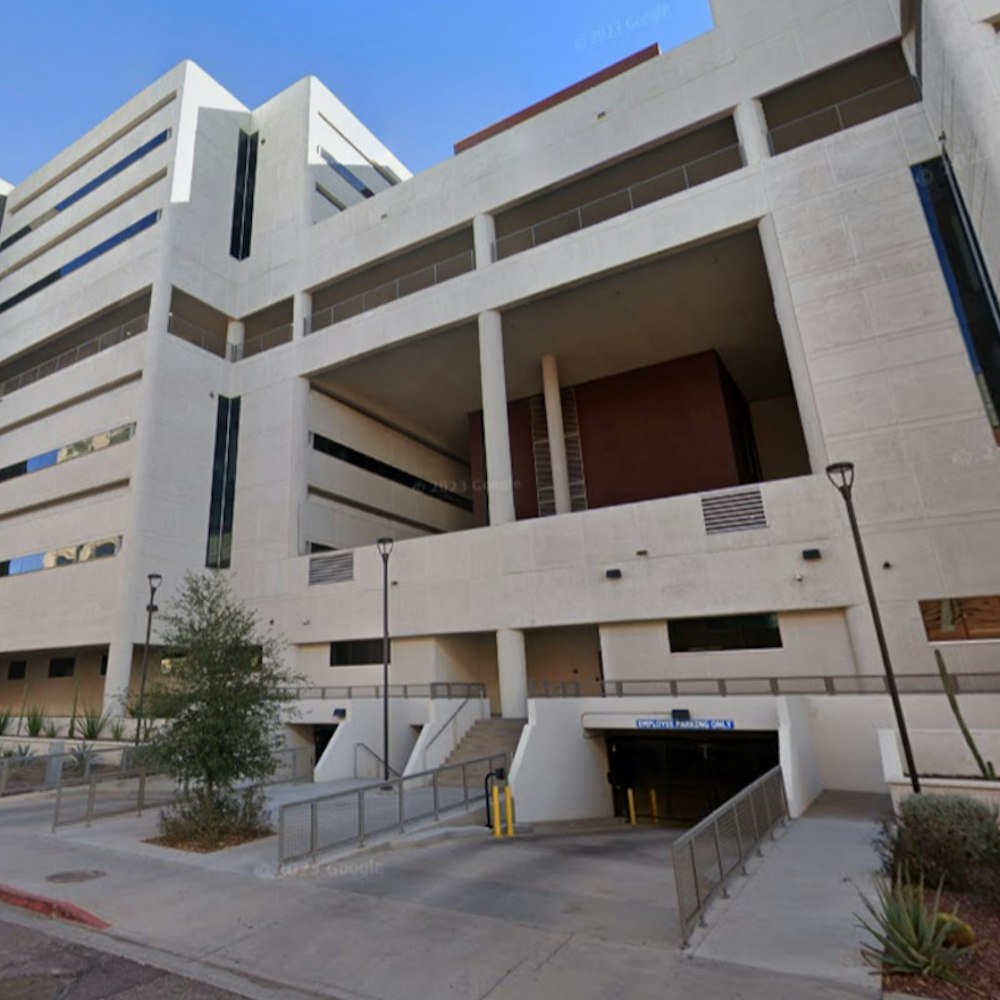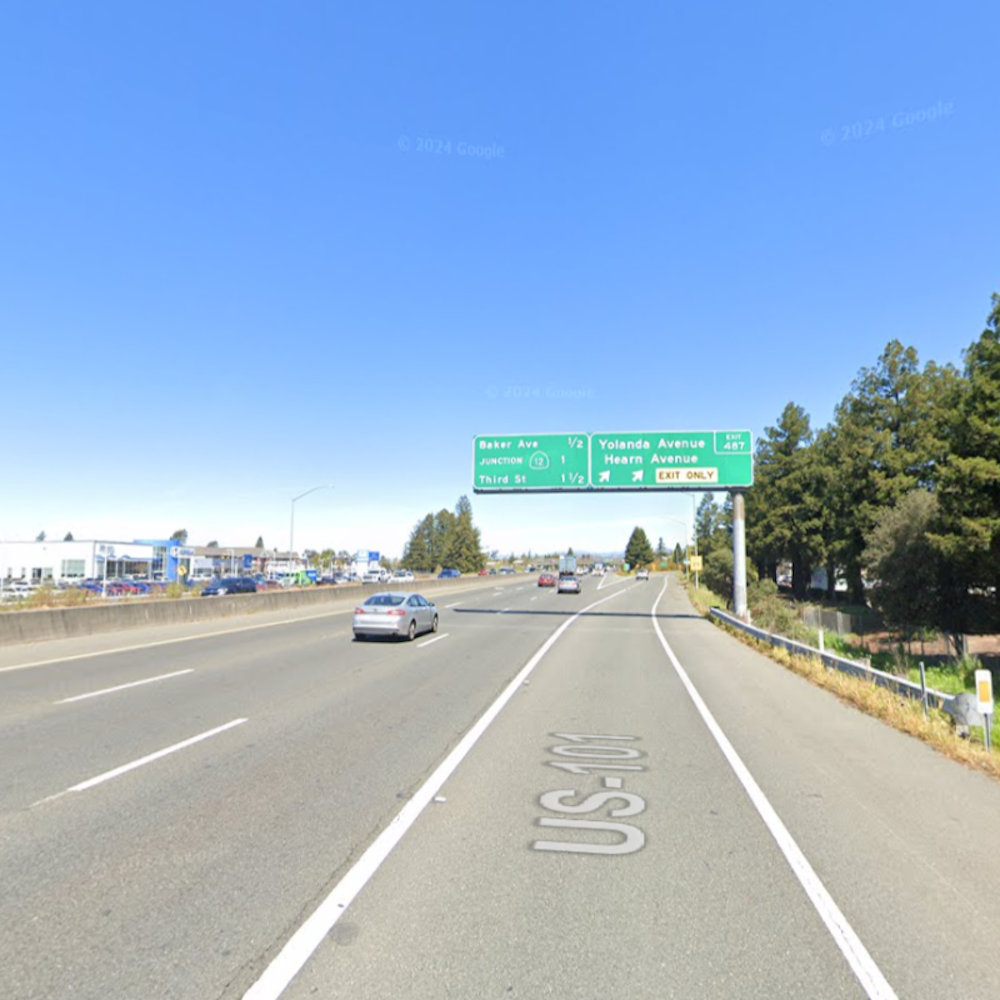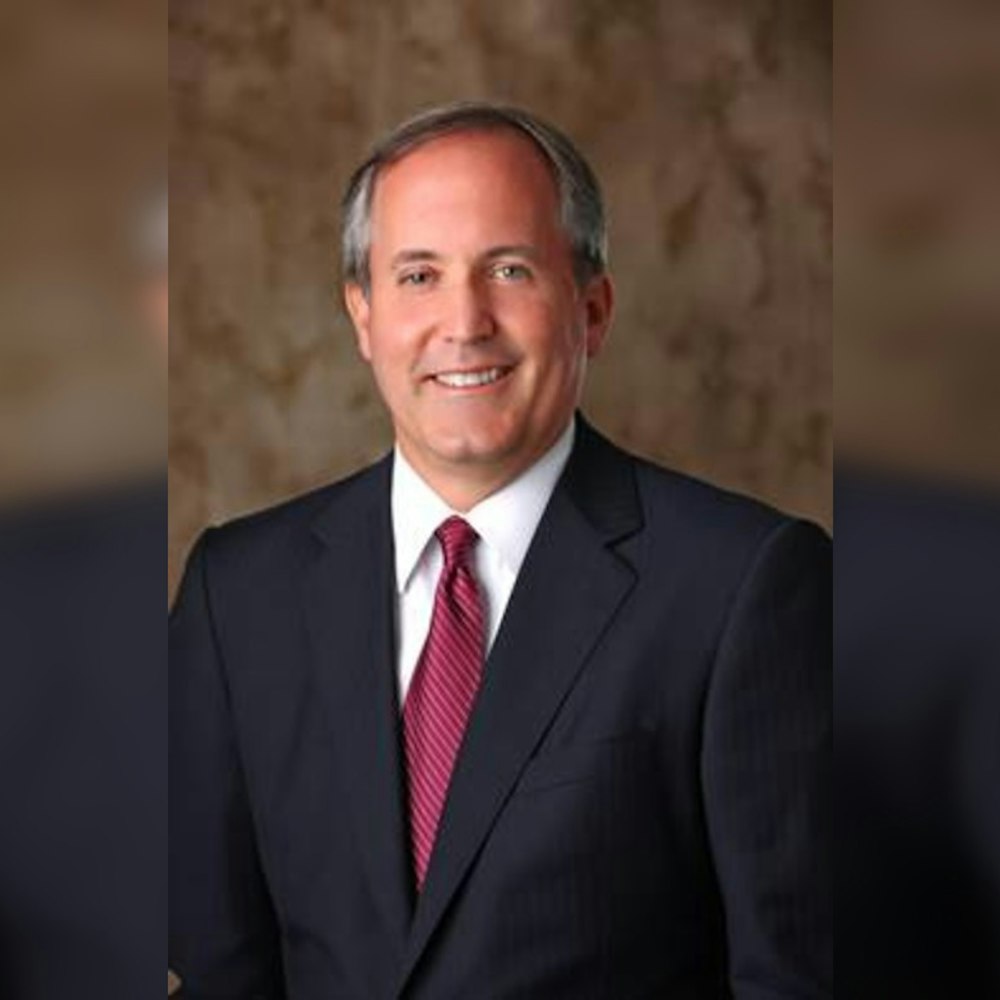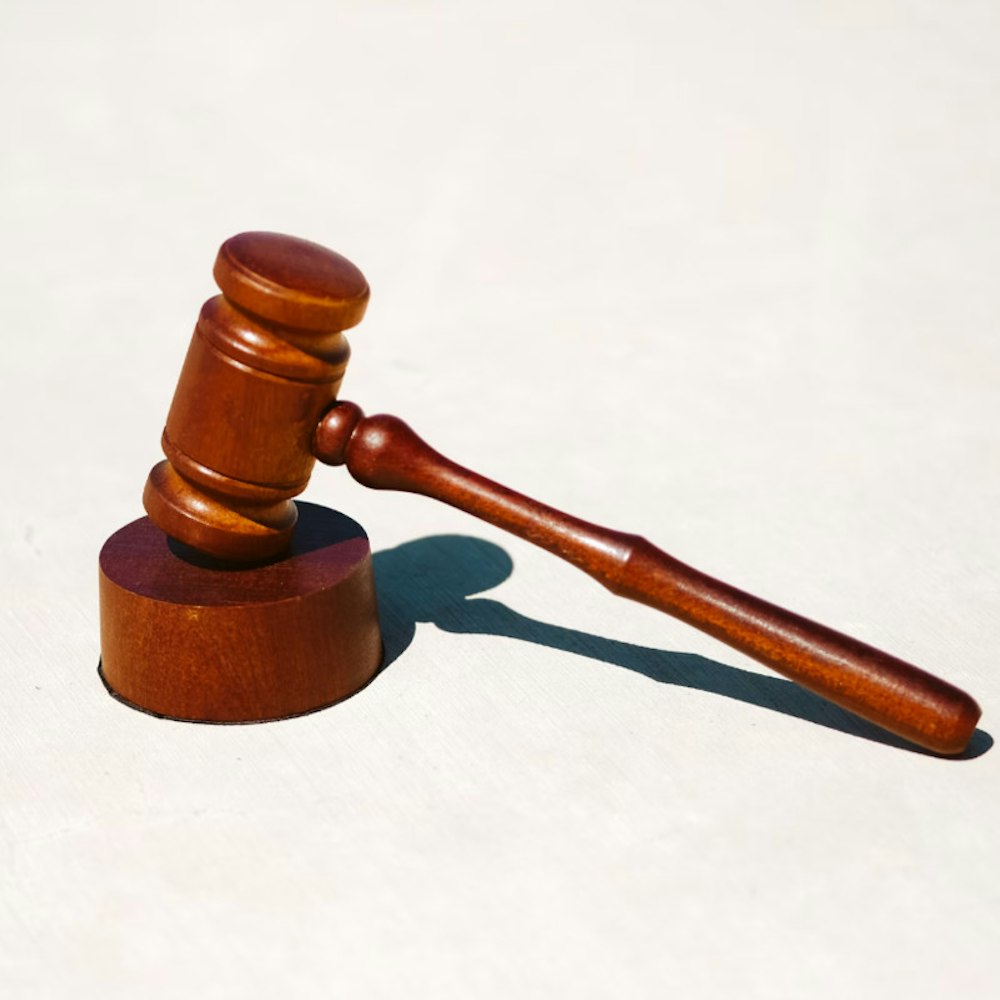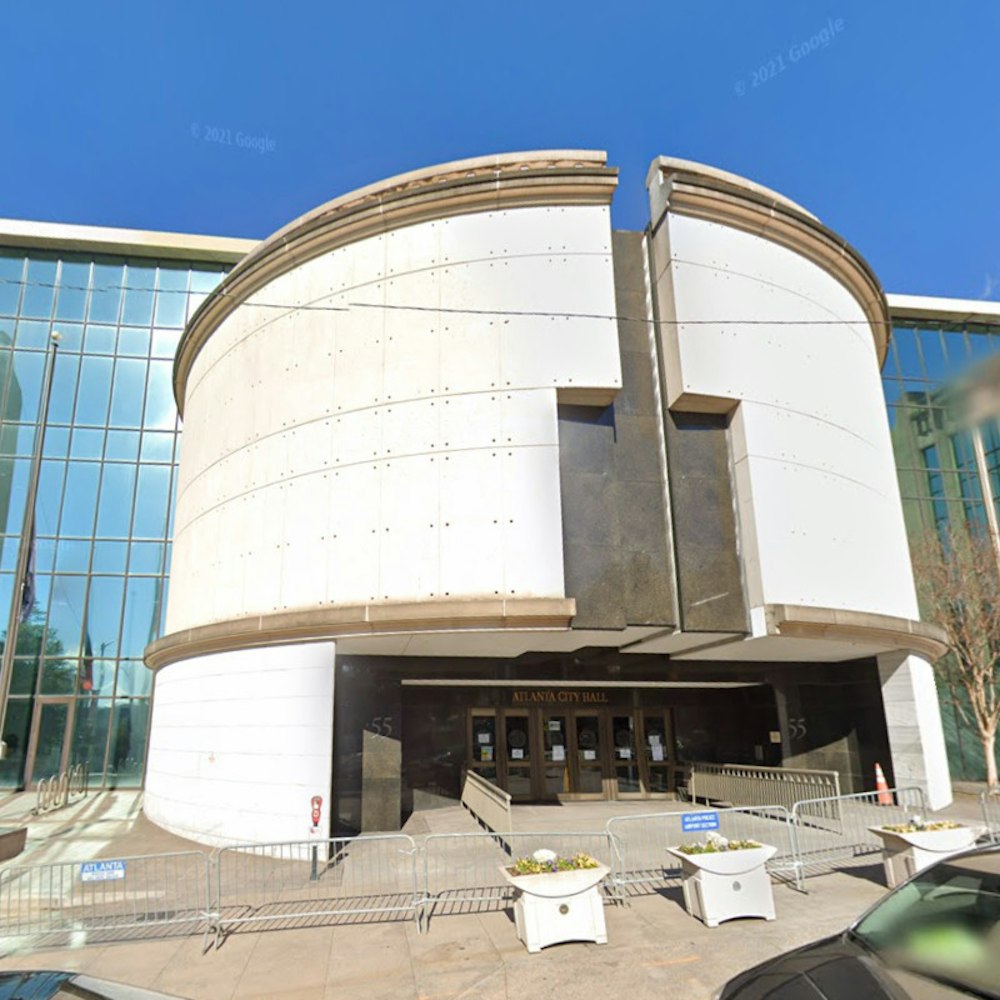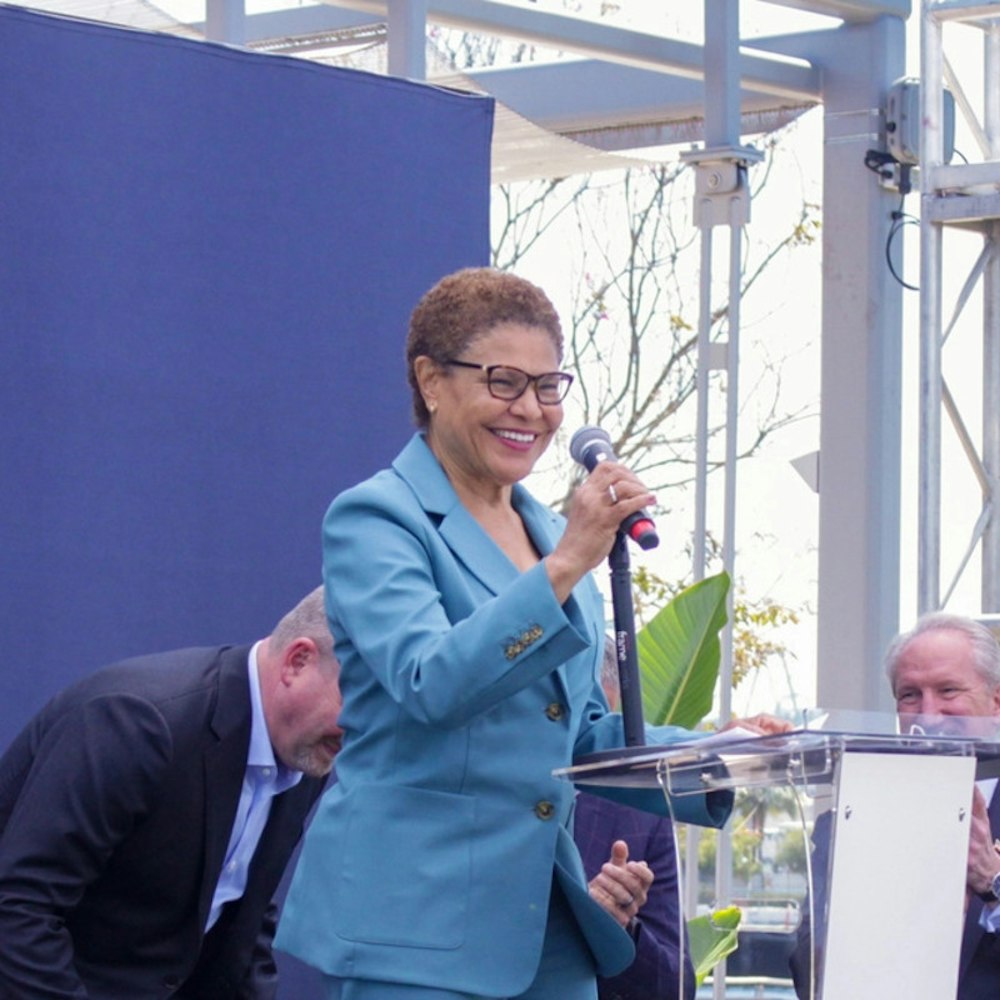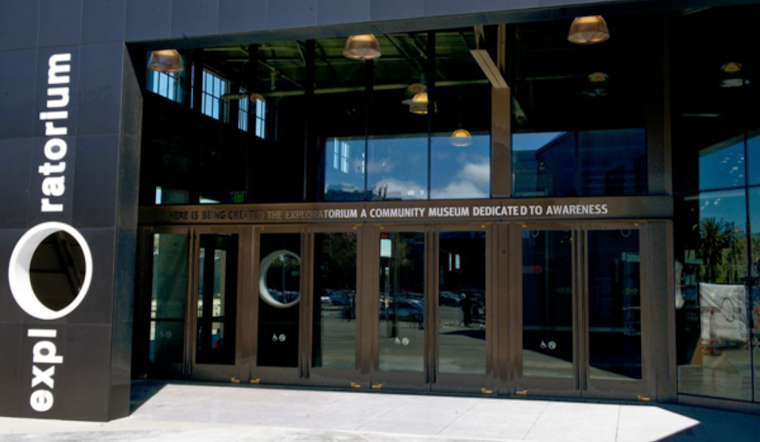
Bay Area residents eager to witness the celestial spectacle of a solar eclipse can mark their calendars for April 8, when a total eclipse will sweep across North America. However, San Francisco will only catch a partial viewing. According to experts, this could be the last solar eclipse visible from the U.S. until 2044, so even a partial eclipse is causing a stir among astronomy enthusiasts and the public alike.
The Exploratorium in San Francisco is pulling out all the stops for the occasion, planning to livestream the event from Texas and Mexico, where viewers will be treated to the full monty of the eclipse, the moon completely obscuring the sun in these prime locations, the eclipse's totality will occur at 11:17 a.m. in Torreón and 11:32 a.m. in Junction; this was reported by KRON4. For those who can't make it out there, the Exploratorium is hosting a watch party right on Pier 15, offering free solar viewing glasses to ensure that no eyes are harmed while marveling at the partial eclipse, which reaches its peak at 11:30 a.m., obscuring 34% of the sun's diameter, said Axios.
"Total solar eclipses are awe-inspiring natural events, but not everyone gets a chance to see one in person, which is why we make such a big effort to help people experience them virtually," Rob Semper, Chief Learning Officer at the Exploratorium, told KRON4. The museum's commitment to making science accessible resonates at a time when direct experience with cosmic events can be limited by geography and circumstance. They have been engaged in this mission since 1998, sharing the wonder of solar eclipses with a global audience.
Other spots in the Bay Area are gearing up for the event, too, with organizations like the California Academy of Sciences, Lawrence Hall of Science, Chabot Space and Science Center and Robert Ferguson Observatory also holding watch parties because while not every locality will be shrouded in the moon's full shadow, a partial eclipse is still a chance to connect with the cosmos, a testament to the celestial mechanics that operate with or without our gaze upon them, Axios reports. The partial eclipse begins at 10:15 a.m. and ends around 12:16 p.m.
